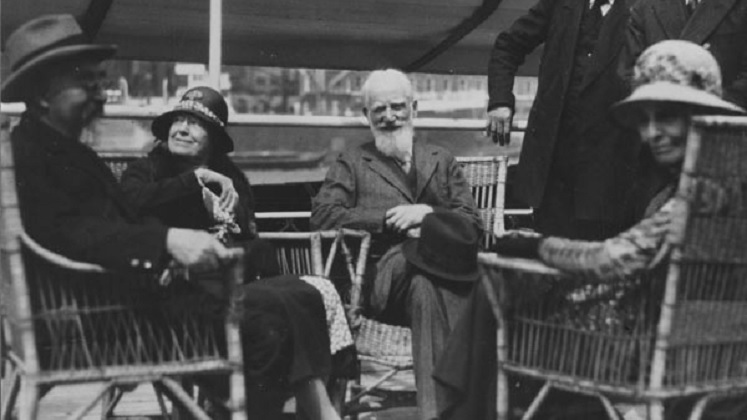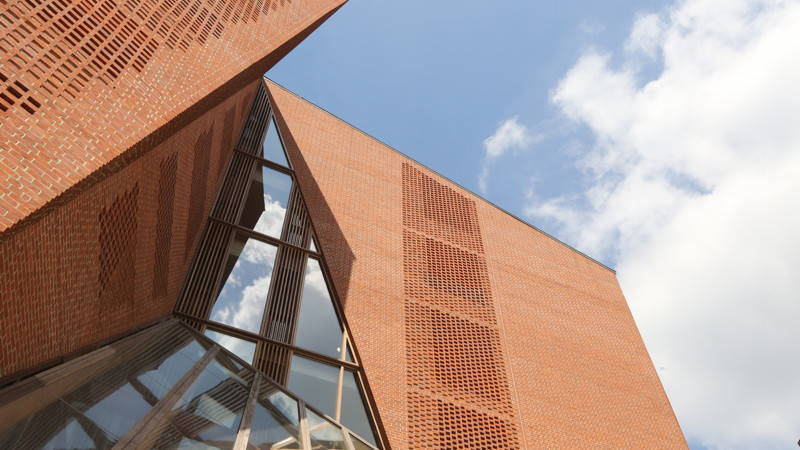As an organisation with over 120 years of history, there’s a lot to tell about LSE, from our beginnings right up to today. This page is here to give you links to the highlights which will hopefully give you a feel of the storied organisation you are joining. There’s a lot of fascinating information about LSE out there, more than we could hope to cover here, so do take the opportunity to follow links and dive down interesting rabbit holes from the pages we have recommended below. We’re sure you’ll find it interesting, and don’t forget there’s an LSE quiz as part of your Flying Start Welcome event.

Find out how LSE was founded, why it was founded and key developments in our history. If you’re a big fan of dates and timelines, this page is for you.
Whilst we are talking key events in our history, LSE has had strong connections to the Suffragette movement and today this is still true with the Women’s Library, which is the oldest and largest library in Britain devoted to the history of women’s campaigning and activism, containing considerable women’s suffrage collections. Some of our buildings are even after prominent members of the Suffragette movement.
You can find out more about LSE's links to the Suffragette movement here.

Another valuable resource in understanding and learning more about the history of LSE itself, as well as the collections and archives we have, is the LSE History blog LSE history blog. The blog is regularly updated with fascinating topics and themes. If you’ve even a slight interest in history, this page is for you.
If, after all of that, you are craving a bit less detail and more of a high-level overview, find out about LSE in the at a glance facts and figures page. This page covers details like our world rankings, how may students we have and even how many Nobel winners have studied or worked at LSE.
The at a glance page forms part of 'About LSE' which is well worth checking out and covers information about our strategy, our research, undertsanding social science, our relationship to London and what our students think.

Speaking of 'About LSE', you'll probably want to know our mission and vision if you don't already. You'll definitely want to know how to get around campus, and it might interest you to know key people from our past and present . You'll find out why one of our buildings is called the Sir Arthur Lewis Building and who in our history is the only person to win both a Nobel and an Oscar.
Whilst we're on the subject of buildings and the campus, check out this amazing, interactive walk through the history of our campus, prepared for our 120th Anniversary. Explore 120 years of history with just a few clicks.
Did you know that as a member of staff you have access to our library? You can find out lots more about not just LSE but our entire collection on the library webpages. You can also find out what events and training the library is running.

Lastly, as a new starter you'll probably have lots of questions about how LSE is structured and governed and what LSE actually comprises. Your questions can all be answered
Our Secretary's Division pages give key information and links relating to LSE's governance structure, Council, Academic Board, and the School Management Committee.
You can find the School's Organogram on thse pages too, along with everything you ever wanted to know about the School's governance.
In terms of what we all do at the School, each department and institute has its own webpage linked to this overview. Then there are also research centres and units, and divisions.
We hope you find this information useful in settling in at the School and as you've no doubt realised there is far more information out there than we could hope to cover here, so feel free to follow links and explore more at your leisure.